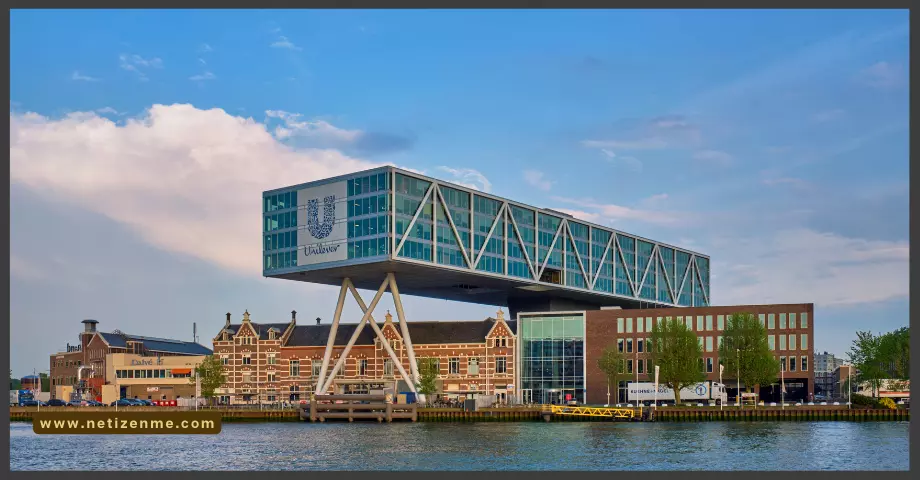In this article, we will discuss the objectives and goals of Compsis, evaluate whether they were successful, and present a critical analysis of the business problems Compsis experienced.
The Objectives and Goals of Compsis
The objectives and goals of Compsis can be identified based on the information provided in the case. While the case doesn’t explicitly mention the specific objectives and goals of the company, we can infer them from the challenges and choices they faced.
One of the objectives of Compsis was to secure new contracts and expand its business beyond Brazil. The company recognized the limitations of relying solely on the Brazilian market and sought to explore opportunities in other countries. This objective aligns with their desire for growth and diversification.
Another goal of Compsis was to leverage its advanced technology and expertise in electronic toll collection (ETC) to enter new markets and increase its market share. This goal is evident in their consideration of options such as expanding into Latin America and targeting the United States, where they could offer cutting-edge technology and compete with established players.
In evaluating the success of these objectives and goals, it is important to consider the outcomes and results mentioned in the case. The case indicates that Compsis faced financial challenges, including a decline in sales and the need for additional operating capital. These challenges suggest they may not have achieved their initial goals.
However, it’s worth noting that the case provides limited information on the specific outcomes and success measures. Without further details on their market penetration, revenue growth, and profitability, it is challenging to assess their success definitively.
While Compsis had objectives and goals to expand its business and leverage its technology, the case suggests it faced significant challenges. To determine their level of success, it would be necessary to assess their financial performance, market presence, and the extent to which they achieved their intended strategic outcomes.
Critical analysis of the business problems Compsis experienced
The case of Compsis highlights several business problems and challenges the company experienced. While specific statistics are not provided in the given information, we can analyze the problems based on the available details.
- Dependence on the Brazilian market: Compsis relied heavily on the Brazilian government for contracts and business opportunities. However, delays by the government and the inability to secure new contracts outside Brazil led to a decline in sales. This dependence on a single market posed a significant risk to their business.
- Financial setbacks: The case mentions that Compsis faced financial challenges, including the need for additional operating capital. This suggests that they may have struggled with cash flow and profitability. Without detailed financial data, assessing the extent of these setbacks and their impact on the company’s overall financial health is difficult.
- Market diversification: Compsis recognized the need to expand into new markets and reduce their dependence on Brazil. However, entering new markets requires understanding the cultural, economic, and regulatory differences, which can be complex and challenging. The case does not provide specific information on their success or difficulties diversifying their market presence.
- Technological adaptation: Compsis had advanced technology and expertise in electronic toll collection (ETC). However, it is unclear whether they faced challenges adapting their technology to different markets or if potential customers were unwilling to pay for such sophisticated technology. Understanding market demand and adapting their offerings accordingly is crucial for success.
- Competitive landscape: The case does not provide detailed information about the competitive landscape faced by Com
What are the solutions to the problems?
Based on the business problems faced by Compsis, several potential solutions can be considered. Here are some solutions, along with their merits and downsides:
- Diversify into new markets: One solution is for Compsis to expand into new countries and markets. This would help reduce their dependence on the Brazilian market and increase their revenue streams. Merits of this solution include accessing new customer bases, growth potential, and spreading risk across multiple markets. However, downsides may include understanding and adapting to different market dynamics, cultural differences, regulatory hurdles, and the need for significant investment in market research and expansion efforts.
- Strengthen relationships with the Brazilian government: Compsis can improve its relationship with the Brazilian government to secure new contracts and ensure timely payments. Merits of this solution include leveraging existing expertise and familiarity with the Brazilian market, potentially gaining preferential treatment in contract bidding, and minimizing the need for market entry in unfamiliar territories. However, downsides may include continued reliance on a single market and government-related uncertainties, such as policy changes or budgetary constraints affecting contract opportunities.
The business opportunities of Compsis
Compsis has several business opportunities that it can explore to overcome its challenges and drive growth. For example, Compsis can focus on expanding its operations in international markets beyond Brazil. Compsis can tap into emerging markets and diversify its revenue streams by entering new countries with growing transportation infrastructures. This would allow the company to leverage its expertise in electronic toll collection (ETC) systems and establish itself as a global player.
This article is written by:
The Netizen Me editors team is a group of passionate writers and editors committed to providing accurate and informative content.
With expertise in areas such as sustainable living, social responsibility, history, art, marketing, business, psychology, and tech, we deliver diverse perspectives and stay up-to-date on the latest developments in our fields.





